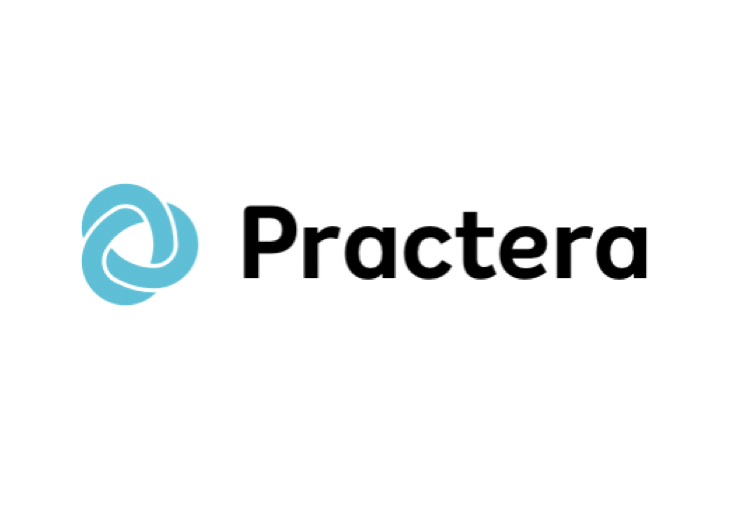As published in The Australian, 19.09.2018
There is a gap between the knowledge students learn and the skills they need to succeed.
This is not an original insight. Confucius and Sophocles remarked on this fact more than 2000 years ago, and an entire field of thought, scholarship and practice in experiential learning has followed them.
However, today experiential learning represents a sharpening strategic challenge for the higher education sector. The accelerating pace of technology-driven change and innovation is transforming the future of work. Specifically, the valuable lifespan of some categories of knowledge and skills is getting shorter.
If 47 per cent of current jobs are automated, that doesn’t mean half of us get to retire early. It probably doesn’t mean mass unemployment either — after all, 98 per cent of people once were farmers.
But it does mean there probably will be fewer accountants and more user experience designers, and myriad other examples, many with negative consequences for people and communities.
To be relevant, people will need to reframe and evolve their capabilities on a more continual basis.
Universities are under substantial pressure to help meet this challenge. Economic groups such as the World Economic Forum claim the gap between the skills people learn and the skills people need is widening, as traditional learning falls short of equipping students with the knowledge they need to thrive.
Knowledge economy companies such as Google, Apple, PwC, IBM and Bank of America no longer require a college degree as a prerequisite.
The Foundation for Young Australians found that nearly one in three young people in Australia is unemployed or underemployed and on average it takes 4.7 years to transition from full-time education to full-time work. The international students who support our largest export services industry rank employability skills and outcomes very highly when considering destination choice. Successive governments seek ever greater university-industry collaboration.
Experiential learning is a critical tool to meet the challenge. Universities are recognising the need to deliver experiential learning to their students more systematically than ever. This requires building efficient, structured and engaging experiential learning programs of multiple types — across the student life cycle — that deliver value for students and employers.
These are programs such as professional placements, team projects, accelerators, internships, mentoring and competency-based skills credentialling.
These programs augment foundational disciplinary knowledge to build competencies and character qualities including collaboration, creativity, leadership and adaptability.
Most Australian universities today have embraced a strategic commitment to deliver this kind of education to every student.
This is easier said than done. There are many great experiential educators and programs; however, most experience some common cost, scale and quality assurance challenges. Structuring a valuable experience for three parties — students, industry mentors and educators — with different objectives, frames of reference and constraints is challenging.
Managing and quality assuring many of these collaborations with tens of thousands of participants is complex.
Experiential learning as a distinct educational capability with distinctive skills, processes and systems is generally under-recognised within the university.
In the group of people with whom I work we have observed some common success factors in successful experiential learning programs. These are:
- Support for learners to apply knowledge to new settings and complex problems.
- Meaningful engagement with experienced practitioners aligned with program learning outcomes.
- Shared, valuable objectives and a common framework for student, mentor and educator collaboration.
- Facilitation of the critically reflective learning process that is required for competency and character development.
We have developed a platform to support these success factors. It allows educators to build and deploy their own experiential learning apps to support their networks of students and mentors. For example, the platform supports the NSW government seed-funded Global Scope project network, which across three years has connected 1500 international students from seven NSW universities with 100 government, business and community organisations to undertake three-week projects. The program uses an app built on our Practera platform to structure participants’ collaboration and provide administrators with rich real time data to manage efficiently.
In the cohort recently completed, 100 per cent of students believe they improved their employability skills and network.
Similar programs have been initiated in the past 12 months by the Victorian, Queensland and South Australian governments, involving more than 20 universities. Results from some of these programs will be presented at the upcoming Australian Collaborative Education Network and Australian International Education Conference.
Experiential learning creates opportunity for people, directly and through developing their capability to reframe and evolve their skills lifelong. Experiential learning connects universities and industry. There are two billion learners globally who demand some form of experiential learning to build and evolve relevant skills, from school through working life. We need more and better experiential learning.
This is a worthy field for Australian universities to aspire to lead in, and for governments and industry to support.
Beau Leese is co-founder and co-chief executive of Practera.
